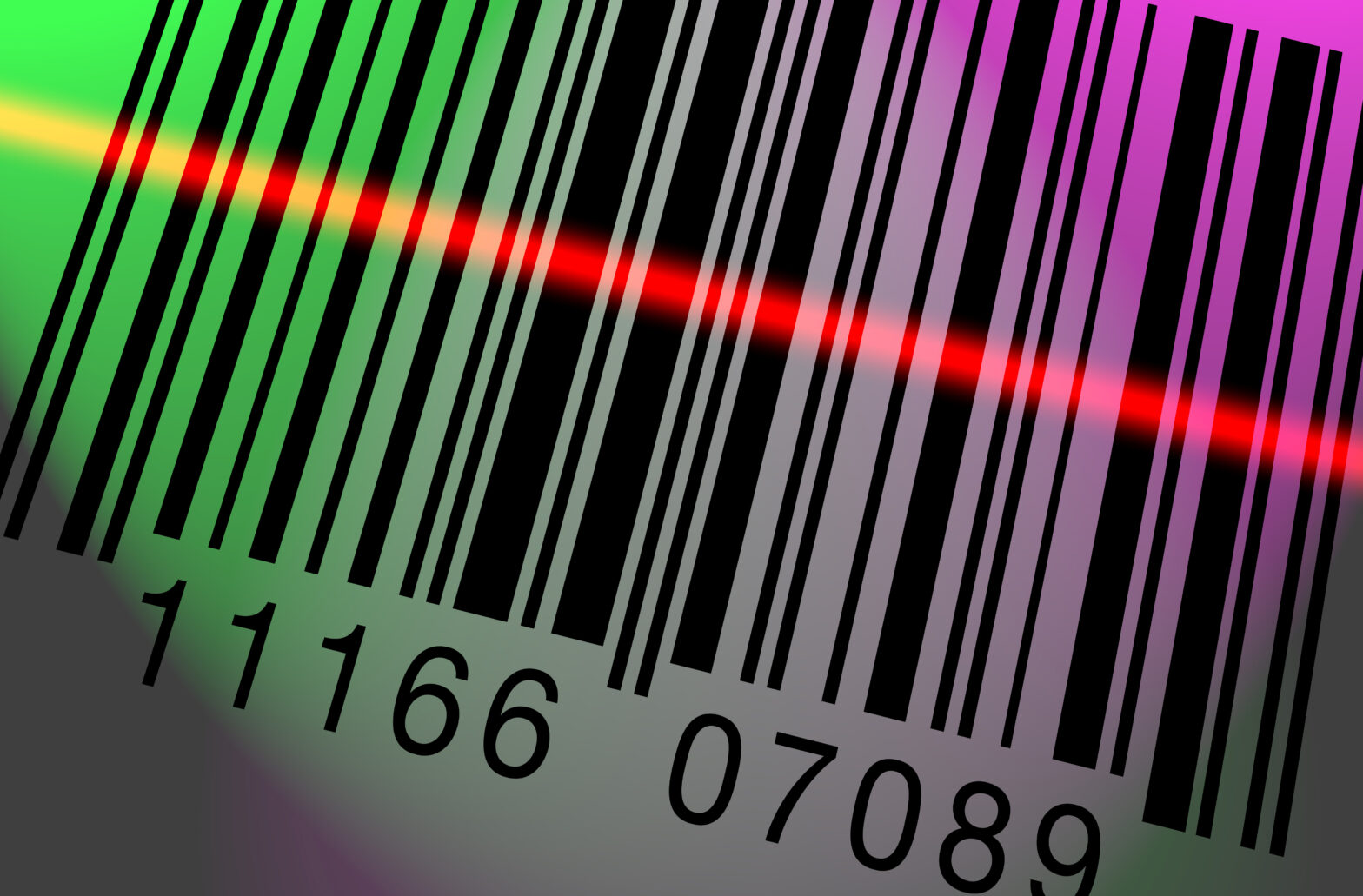Retailers always strive to offer customers the best possible shopping experience and are consistently exploring new ways to create an increasingly seamless, convenient and enjoyable experience throughout the entire shopping journey.
With the rapid rise of retail technology, a growing number of stores across Europe are employing self-scanning solutions as part of their core customer service strategy.
>See also: How established retailers are challenging the challengers
The option of self-scanning has been a welcome addition by shoppers in-store, as it allows for a faster checkout process, positively adding to their overall shopping experience.
The number of devices required in-store will depend of the size of the physical store and the level of investment the retailer is willing to inject. To reduce costs, some retailers have chosen to proceed with self-scanning solutions that can be deployed via consumer devices.
However, according to Coop Switzerland, 98% prefer using professional scanning devices over scanning with their personal device. Here’s why:
Ruggedness: Professional devices are built to be resilient and endure a greater amount of wear and tear. Designed for industry-purposes, they can survive numerous drops from greater heights, when compared to consumer devices.
>See also: Retailers are rushing to digital transformation to avoid being ‘Amazoned’
Availability of service: Shoppers will need to ensure their personal devices are sufficiently charged to complete the shopping journey. Professional devices have a powerful battery life with quick re-charge capabilities once returned to their cradle after use. This ensures devices are always available and allows shoppers to save the battery on their personal devices.
Scan quality: Professional devices place emphasis on image capture, allowing them to scan and capture barcodes faster, from more angles and light conditions, compared to consumer devices. This is because the camera on consumer mobile devices is sensitive to direction and lighting, increasing the number of rescans required.
Security: Consumers are known to be concerned about data privacy and protection.
>See also: The dawn of post modern retailing
As a result, they are more likely to opt for the high-level security of a professional device as opposed to trusting a new app on their personal smartphone that could compromise their personal data or relay it to an unauthorised third party.
While implementing and managing self-scanning solutions via consumer devices may appear to be the cheaper option for retailers, the superior shopper experience provided by purpose-built self-scanning devices will improve customer engagement and, consequently, increase the return on investment.
Sourced by Peter Friedel, director retail solutions D-A-CH and East Europe, Zebra Technologies







